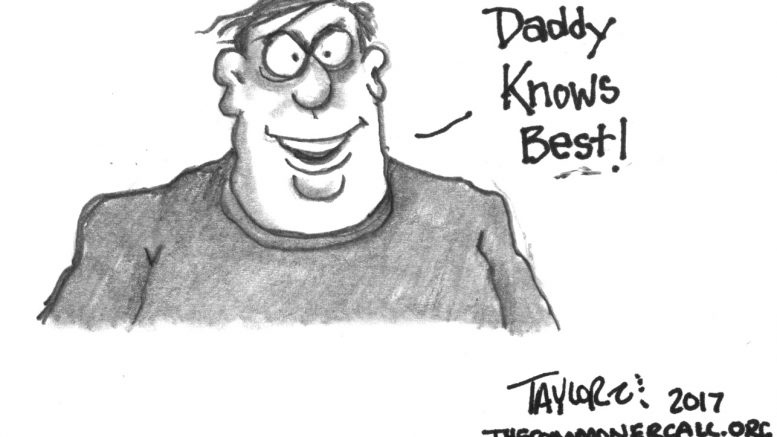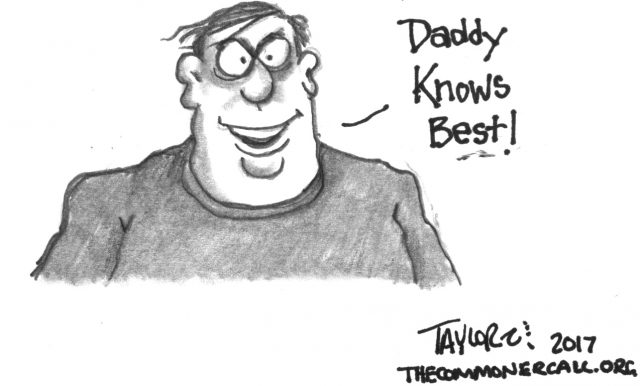“Monsters rule over us, on behalf of monsters.”
By Rebecca Solnit
Literary Hub (7/10/19)
One of my favorite books when I was young was T. H. White’s The Once and Future King, and one of its central themes is the attempt of King Arthur to replace an ethos of “might is right” with something closer to justice. Justice means everyone is equal under the law—and equality means both that everyone has equal value under the law and that everyone is subject to the law. That’s been a foundational concept for the United States, but might is right has never ceased to be how things actually work at least some of the time. In White’s novel, might means in part the capacity for physical violence on the part of individual warriors, armies, tribes, and kingdoms, but the ability of individuals (and corporations and nations) to commit that violence with impunity is another kind of might that matters now.
Truth is whatever the powerful want it to be, which is one of the fundamentals of authoritarianism. Might is right.
The great work of investigative journalists in recent years has let us see might, naked and corrupt, doing its best to trample, silence, discredit the less powerful and their rights and with it the idea of right as an ethic independent of power. That these men actually run the media, the government, the financial system says everything about what kind of systems they are. Those systems have toiled to protect them, over and over. Indeed, power is not vested in them but in the individuals and institutions all around them. This makes it essential to look past individual perpetrators to the systems that allow them to commit crimes with impunity.
Maybe one of the reasons rape has so often been portrayed as “a stranger leaps out of the bushes” is so we’ll imagine rapists acting alone. But in so many cases rapists have help in the moment and forever after, and the help is often so powerful, broad, and deep—well, that’s why we call it rape culture, and that’s why changing it means changing the whole culture. Sometimes it’s the family, community, church, campus looking the other way; sometimes it’s the criminal justice system. If Jeffrey Epstein goes to jail for the new round of indictments—which only came about because one investigative journalist, Julie K. Brown of the Miami Herald, did an extraordinary job of digging up what had been buried in his case—a host of people who knew, laughed, looked the other way, allegedly helped him sexually abuse children for years will still be at large, and the circumstances that allow other Epsteins to attack other children will still exist.
Epstein gambled on the differential between his power and voice in the world and theirs and for the most part he won, because the game was rigged by dozens of people around him, even by the legal system …
(Commoner Call cartoon by Mark L. Taylor, 2017. Open source and free for non-derivative use with link to www.thecommonercall.org )


